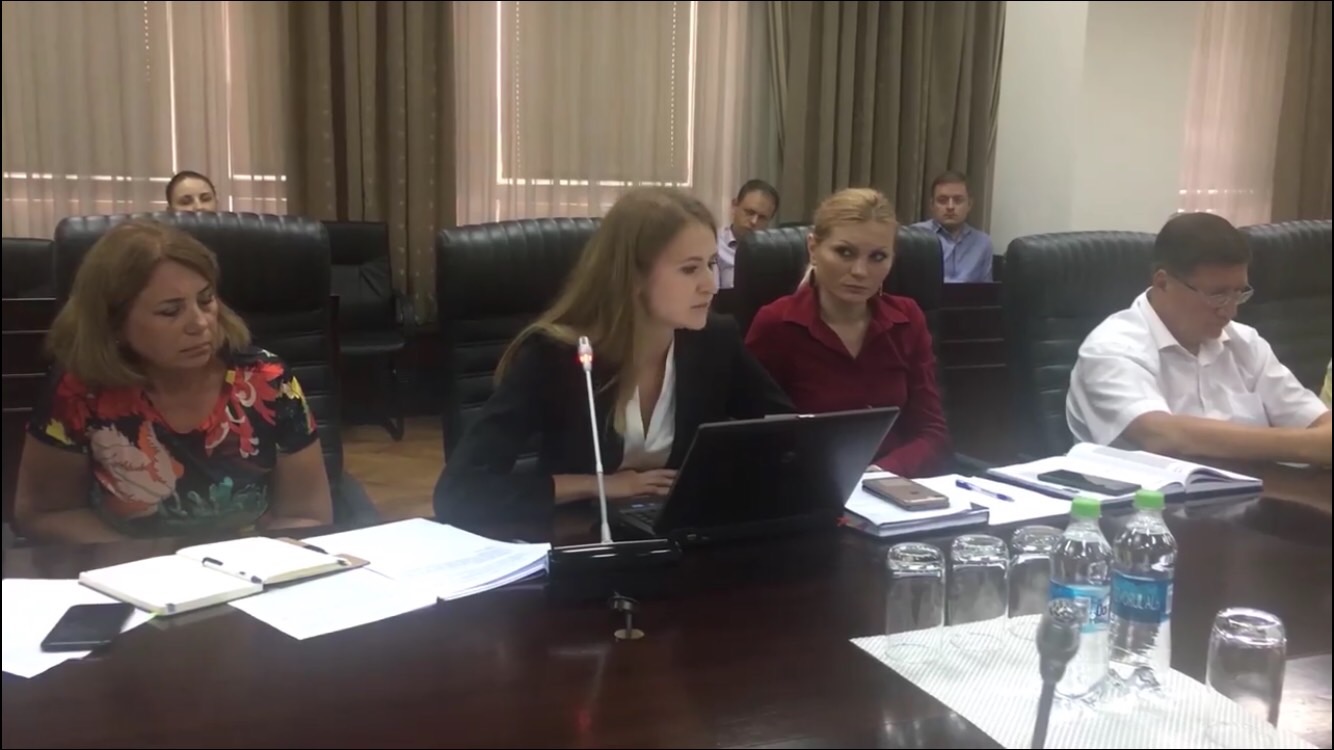ECONOMIC COUNCIL TO THE PRIME MINISTER OF THE RM

July 29, 2019 – Amendments to article 17 of law 209, which allow the incineration and co-incineration of waste, could be proposed for voting to the deputies by the end of this summer. The Deputy Speaker of Parliament Alexandru Slusari announced this during public debates, organized in Parliament on the related subject.
The waste can only be incinerated and generate energy only by the companies that will meet the rigorous criteria for burning the waste, provided by the law. They must have installations that, among other things, will be checked in the area of air pollution (heavy metals, dioxins, furans, etc.) resulted from incineration or co-incineration of waste.
The Deputy Speaker mentioned during the debates that the amendments proposed by the Ministry of Agriculture, Regional Development and the Environment to Law 209 on waste are good and require a rapid promotion.
Attending the debates, representatives of the business community stressed that this subject was alerted by the business two years ago to the Economic Council to the Prime Minister. The business associations jointly with the relevant ministry and the ecologists have expertized a series of proposals for amendments to the mentioned law, debated within the platform, the final version of which was proposed to the deputies for adoption.
The business community argues that the problem is a very big one in Moldova. According to some data, in the country only 10 percent of the recyclable waste is recovered. The remaining 90% are deposited in the garbage disposal.
According to the participants in the discussion, the advantages of incineration and co-incineration are, among other things, the reduction of the deposited amount of waste, as well as the energy generation of waste, which allows an economy of energy resources.
The experts of the Secretariat of the Economic Council, present at the debates, also pointed out the need to promote the law on waste and the draft law on animal by-products and derived products that are not intended for human consumption.
Or the incineration of waste from the agri-food sectors can substantially reduce the risk of pollution of the environment with food and animal residues that are buried today in the ground or thrown away.
The Secretariat of the Economic Council will continue monitoring the progress of promoting these documents.

The Secretariat of the Economic Council to the Prime Minister is supported by the European Bank for Reconstruction and Development, funded by the UK Government’s Good Governance Fund.
Stay ahead in a rapidly world. Subscribe to Prysm Insights,our monthly look at the critical issues facing global business.










